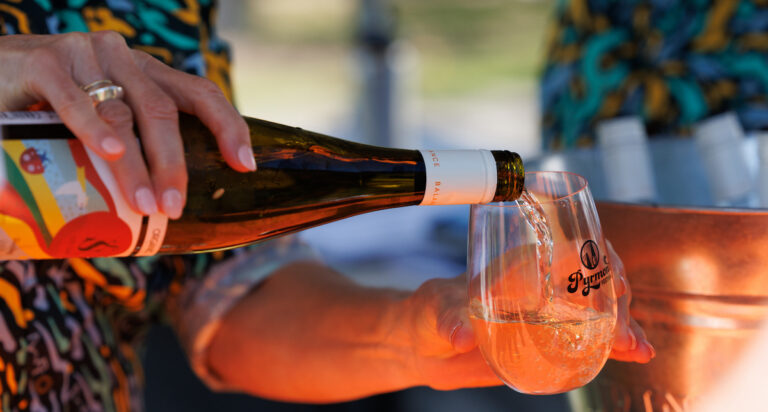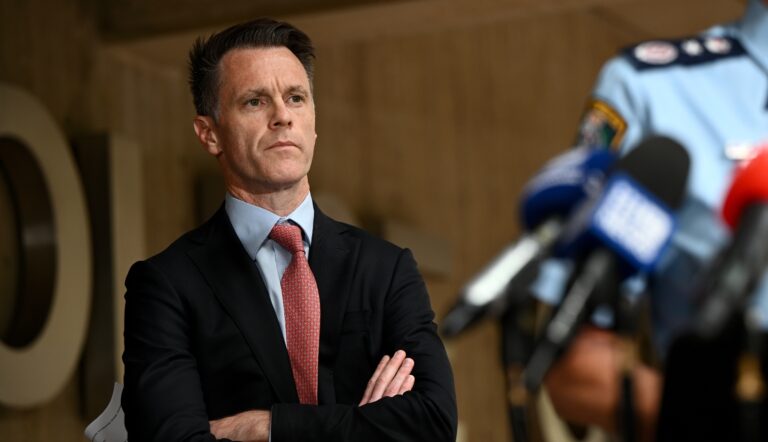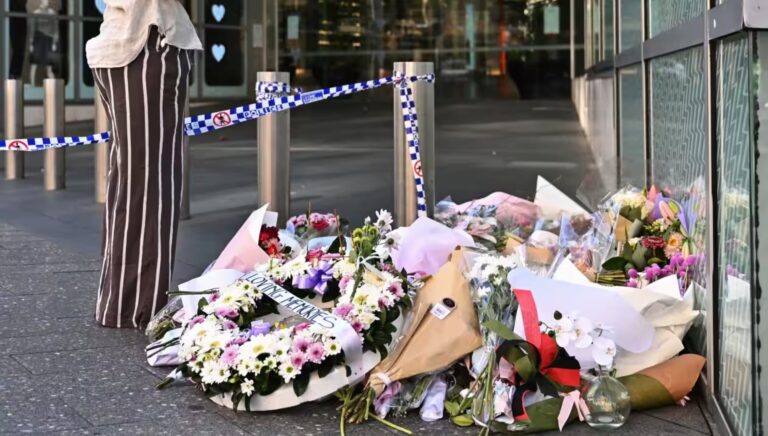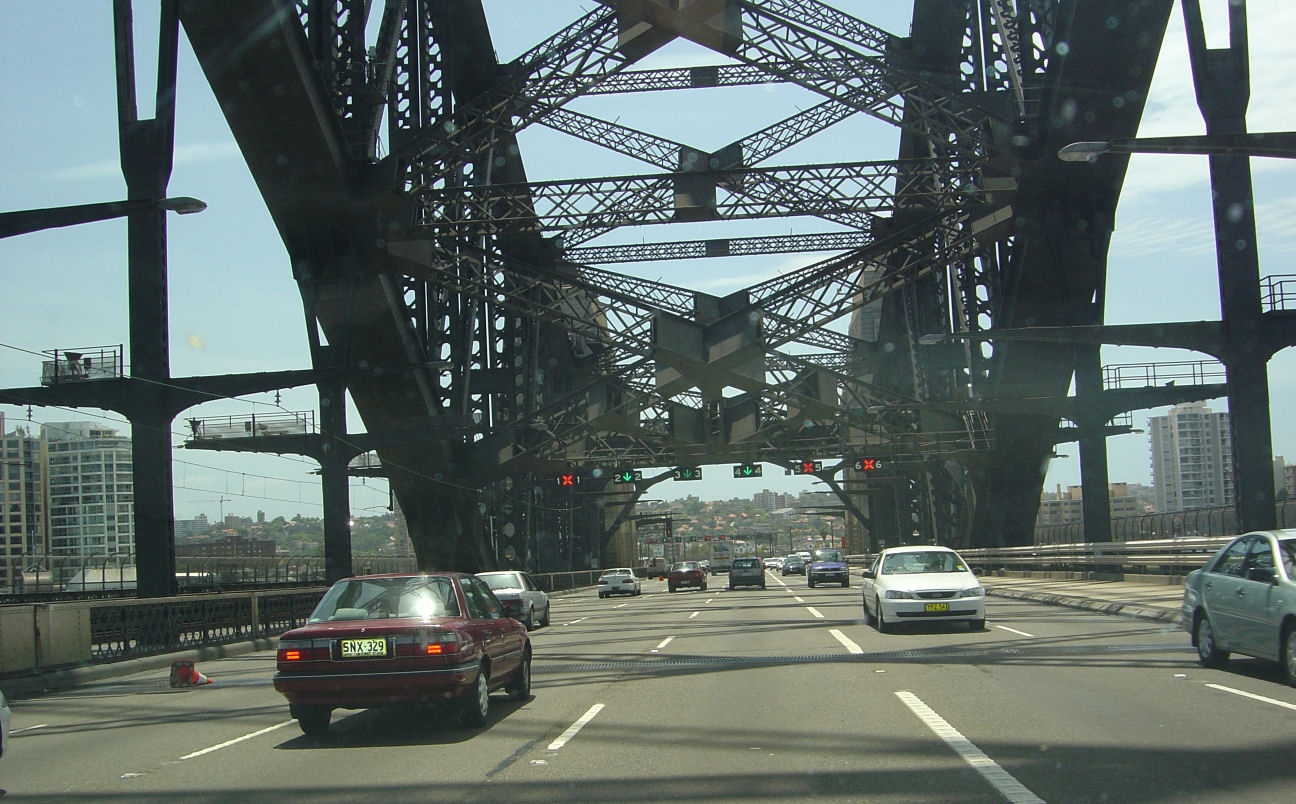
By ALLISON HORE
On 11 March 2020, the High Court of Australia moved to reserve its decision on Cardinal George Pell’s final appeal of his conviction for historic sexual offenses. The appeal, which was lodged in September last year, is the Cardinal’s last option to challenge the ruling against him after a lower court rejected his attempt to challenge the verdict last year.
In June last year, Pell was charged with “historical sexual assault offences” by Victoria Police for sexually abusing two choirboys in 1996 at Melbourne’s St Patrick’s Cathedral, not long after he was appointed as Archbishop of Melbourne. Pell, who once served as treasurer for the Vatican, is the most senior member of the Catholic church to be charged with sexual abuse.
Two trials
The case went to trial twice, first in September of 2018, which resulted in a hung jury. After the second trial, three months later, the jury unanimously found Pell guilty of four counts of an indecent act with a child under the age of 16 and one count of sexual penetration with a child under the age of 16. The 78-year old was sentenced to a maximum of 6 years in jail, of which he has already served one.
Pell was not present for the two-day High Court appeal hearing where his lawyer, Brett Walker, urged the court to overturn the conviction which he argued relied too heavily on the evidence presented by the victim who testified. The second victim died from an accidental drug overdose in 2014, he had not disclosed the abuse.
Pell’s lawyers also raised questions about the timeframe in which the abuse occurred, suggesting the time frame of 5-6 minutes given by the prosecution. On Wednesday, Mr. Walker told the court that the offences took place after a busy Sunday mass made the offences implausible, “unlike so many appalling historical sexual misconduct cases” which take place in private.
Mr. Walker said that while the witness statement was compelling and believable, it should not have been enough for the jury to make their decision beyond reasonable doubt.
“The true question is not ‘Do I believe the complainant’ but whether, ‘having believed the complainant, is there any reasonable doubt as to his guilt?’,” he told the court.
“It is an extreme fallacy for anyone to assume the credibility of the complainant will supply an answer to reasonable doubt raised via evidence to which the complainant says nothing.”
Indelibly marked
But Prosecutor Kerri Judd disagreed, and thought that the victim’s testimony was enough to prove the case beyond reasonable doubt. She said that the victim’s knowledge of the layout of the priests’ sacristy supported his accusation, as it was an area typically closed off to the public.
“Something has happened when he’s in that room. It’s indelibly marked on him,” Judd said. “Something significant happened in that room.”
Throughout the whole process, Pell has maintained his innocence and this isn’t his first attempt to have the ruling overturned. In August last year he challenged the verdict in Victoria’s Court of Appeal, but was unsuccessful with only 1 of the 3 judges on the panel ruling in his favour.
The appeal trial in Canberra attracted protesters, who came out both in support of Pell’s conviction and in opposition to it. “Criminal Pell: pedophile icon” read a sign from one camp, “We love you, Cardinal George Pell and genuine victims” read one from the other. The group of about 50 Pell-supporting protesters, who travelled from Sydney, sang hymns.
One of the counter-protesters, who supported Pell’s conviction, was Michael Advocate from Victim Justice, an advocacy group for survivors of childhood sexual abuse. He believes that more support is needed for victims of abuse.
“George Pell is a terrible man,” he told AAP. “A lot of us here are Catholics but we’re just outraged and we’ve got to get rid of this idiot.”
The final ruling for the appeal may take months to come in. Pell will remain in the maximum security facility he has been imprisoned in until the final ruling is made.
So, what’s next for Pell? If the courts refuse special leave the case will end and Pell will remain in prison. However, if the court grants special leave and allows the appeal Pell will be cleared of his charges and must be freed immediately.
The court may also grant special leave but dismiss the appeal, this will mean that Pell will remain in prison, but that the High Court will publish more detailed reasons. If a decision cannot be made the court may send the case back to the Victorian Court of Appeal, throwing the case right back to where it was a year ago.









